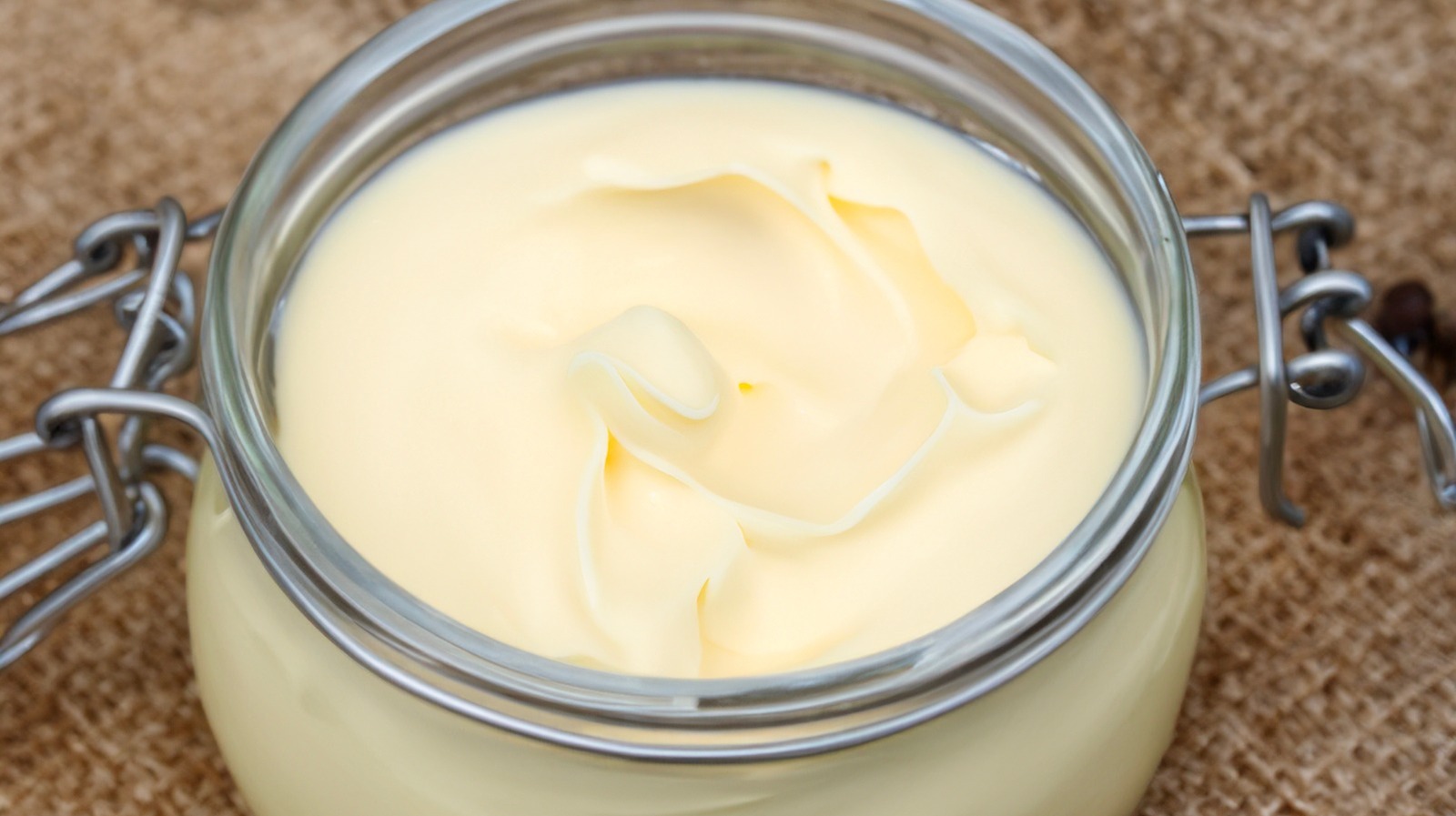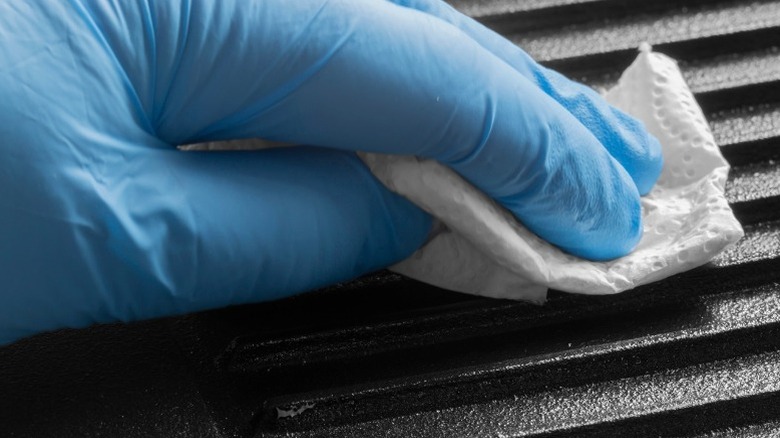We may receive a commission on purchases made from links.
There are plenty of fats you can use to season cast-iron the right way. It’s common for people to default to whatever high-smoke-point food-grade oil they have in their kitchen. But you can also use animal fats to season them. Most people instantly think of lard or bacon grease, but beef tallow’s growing popularity has people wondering whether it’s a good candidate too.
Beef tallow, which is rendered beef fat, is generally recognized as a safe way to season cast iron. People like it because it’s natural, multipurpose, and easy to find. Plus, you can use beef tallow in dozens of ways in your kitchen and throughout the rest of your home, from frying and baking to soap-making and skin care.
However, animal fats can go rancid if they sit too long, so it’s really not a good option for cooks who only pull their cast iron out every so often. Additionally, saturated fats, like those that come from animals, are less reactive than unsaturated fats like seed and vegetable oils. That may sound like a good thing, but it actually means they don’t oxidize to form the crucial polymerized chains required for a slick, virtually nonstick seasoning.
What do you mean ‘polymerized chains’?
When you season cast iron with any fat, the heat from the oven or stovetop bonds the fat to the metal through a process called polymerization, which creates a surface with nonstick properties by hardening the oil into a plasticky, water-repellent layer. The resulting cast iron is blacker, shinier, and resists sticking.
Polymerization happens at temperatures around 400 to 450 degrees Fahrenheit, which is why you need oil or fat with a high smoke point. Beef tallow has a smoke point of about 400 degrees Fahrenheit. For comparison, butter’s smoke point is around 350 degrees Fahrenheit, and extra-virgin olive oil’s is 325 to 375 degrees Fahrenheit. Vegetable, canola, grape-seed, and flaxseed oils have smoke points more in line with tallow but are highly unsaturated, meaning they polymerize more effectively with less danger of going rancid. That’s why many cast-iron cooks opt for them. But others are more reticent about the inconclusive research on vegetable and seed oils with regard to heart health. Still others enjoy using tallow other places in the kitchen and prefer to use what they have on hand. And so long as you use your cast iron frequently, it’s perfectly safe to give it a try.
You can find beef tallow under a variety of brands in all kinds of quantities. If you’re just looking to season a skillet, opt for a smaller 14-ounce jar of beef tallow, which should last you six months to a year with heavy use. If you frequently cook with beef tallow, you can opt for a larger 32-ounce tub of tallow. You can even get fancy with a jar of Wagyu beef tallow, though maybe save that one for cooking rather than seasoning.






